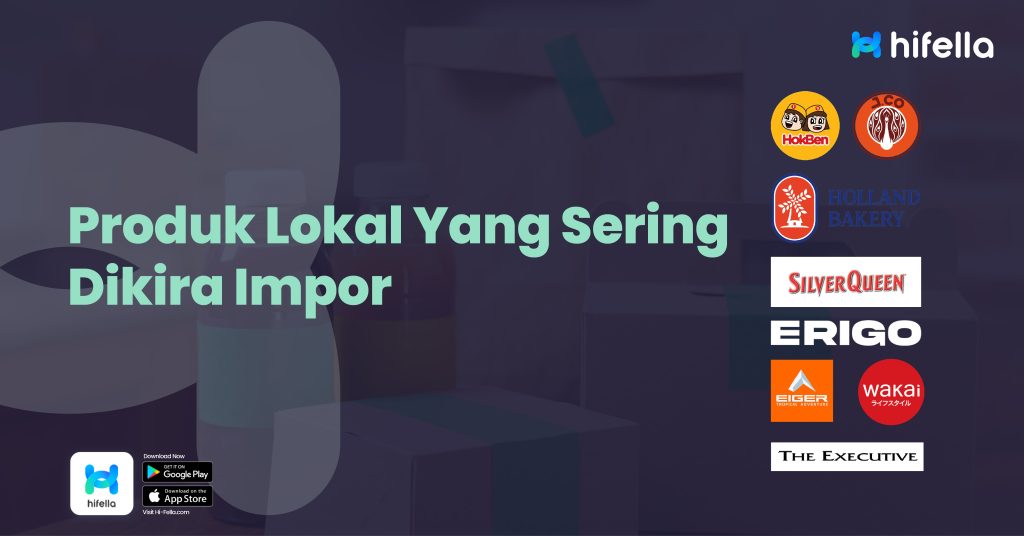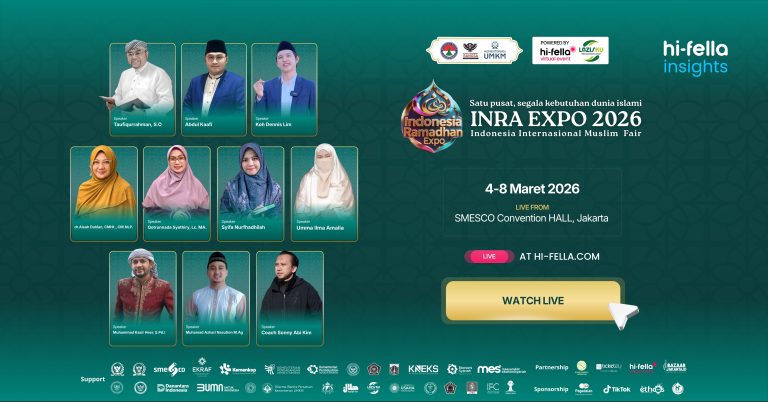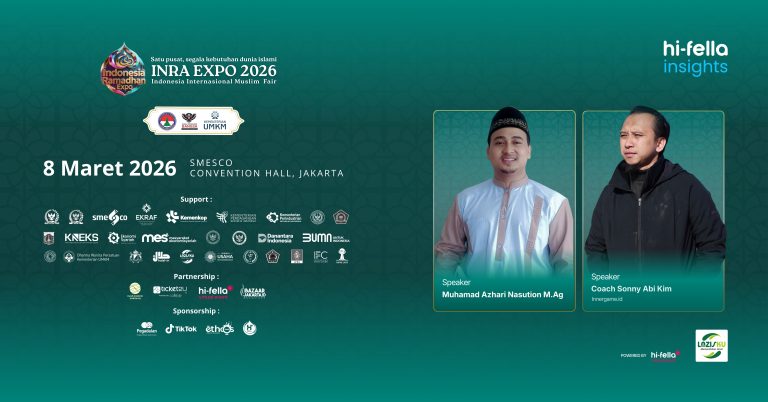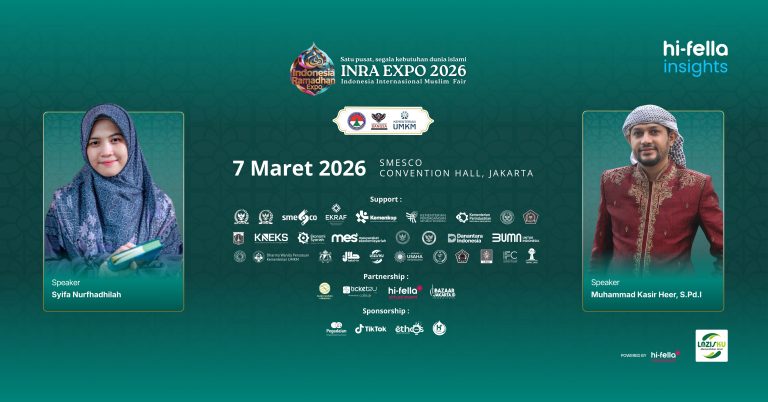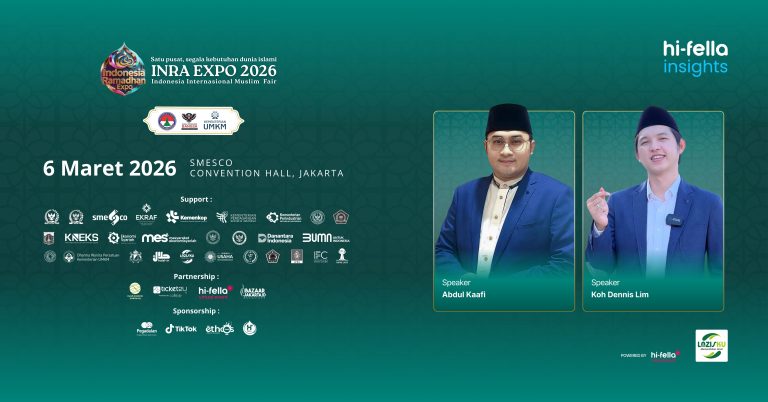Table of Contents
Ternyata sudah banyak sekali brand terkemuka dari Indonesia yang sering dianggap sebagai produk asing, loh! Ingin mengetahui apa saja produk ternama lokal yang dikira impor oleh masyarakat? Yuk, simak artikel berikut ini!
Daftar Apa Saja Produk Ternama Lokal yang Dikira Impor?
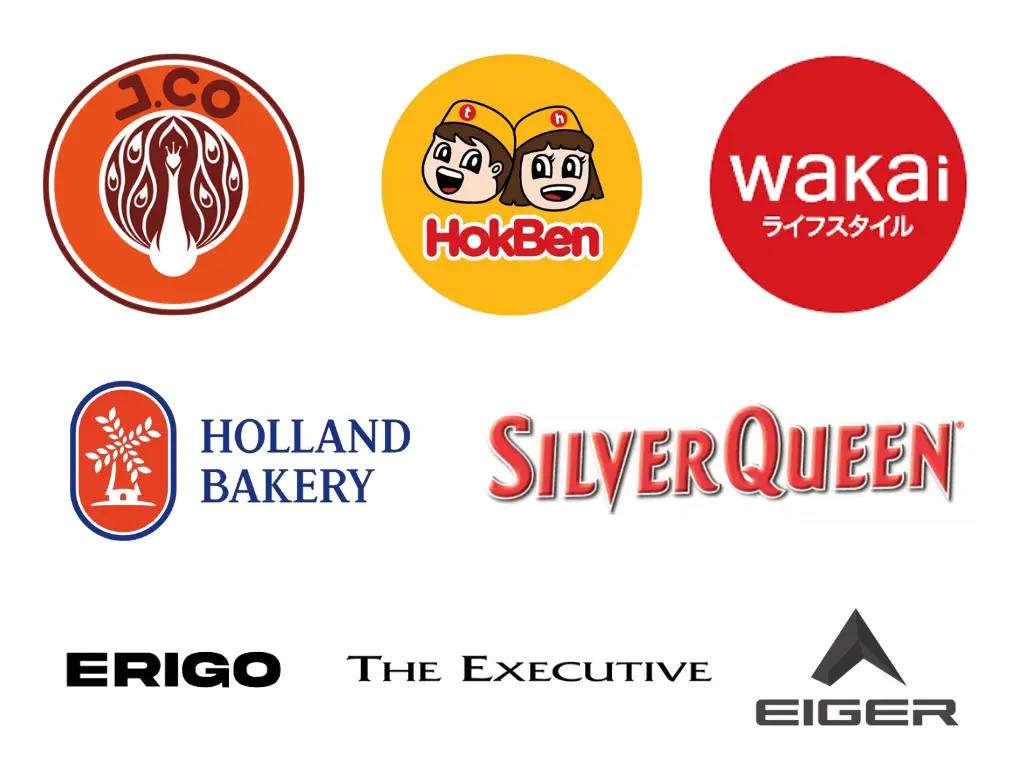
Negara Indonesia merupakan salah satu negara dengan ekonomi terbesar di Asia Tenggara yang memiliki banyak produk lokal yang berkualitas tinggi.
Ironisnya, beberapa dari produk ini seringkali dikira sebagai produk impor oleh konsumen domestik.
Dari makanan hingga fashion dan perlengkapan outdoor, mari kita jelajahi daftar beberapa produk ternama lokal yang sering disangka impor dan ketahui juga bagaimana penjualan mereka serta popularitas mereka di pasar domestik!
1. J.co Donuts & Coffee
Apa saja produk ternama lokal yang dikira impor pertama ialah J.co Donuts & Coffee yang sering dianggap sebagai merek asing karena konsep dan desain tokonya yang modern dan internasional. Namun, J.co adalah produk asli Indonesia yang berhasil menembus pasar internasional.
Sejak pembukaan outlet pertamanya di tahun 2005 oleh Jhonny Andrean, J.co telah menunjukkan pertumbuhan yang signifikan.
Dengan ekspansi ke beberapa negara di Asia Tenggara seperti di Malaysia, Singapura, Hong Kong, dan Filipina, J.co menjadi salah satu merek donat terpopuler di Indonesia.
2. Hokben (Hoka Hoka Bento)
Meskipun namanya mengesankan nuansa Jepang, HokBen adalah rantai restoran cepat saji asli Indonesia yang spesialisasi dalam makanan Jepang.
HokBen telah berkembang menjadi salah satu jaringan restoran Jepang terbesar di Indonesia, dengan lebih dari 170 cabang di seluruh negeri pada tahun 2020 dan omzet mereka pada tahun 2021 bahkan sudah mencapai US$ 62,8 juta.
3. Holland Bakery
Nama Holland Bakery mungkin memberikan kesan Eropa, namun ini adalah jaringan toko roti lokal yang didirikan di Jakarta. Produk-produknya menggabungkan selera lokal dan internasional.
Dengan ratusan cabang di seluruh Indonesia, Holland Bakery menikmati popularitas tinggi sebagai toko roti pilihan untuk berbagai kalangan.
Dilansir dari Suara Merdeka, omzet dari PT. Mustika Cita Rasa, perusahaan di balik Holland Bakery, berhasil meraih pendapatan tahunan sekitar Rp 8.716.878.000.
4. Silver Queen
Silver Queen, merek cokelat yang banyak disukai, adalah produk dari PT Ceres, yang berbasis di Bandung. Banyak yang mengira Silver Queen adalah merek impor karena kualitasnya yang setara dengan merek internasional.
Silver Queen terus mempertahankan posisinya sebagai salah satu cokelat terfavorit di Indonesia, dengan varian rasa yang terus bertambah.
Menurut informasi yang tersedia di situs web resmi perusahaan, brand ini kini telah ekspansi ke Singapura dan telah mengembangkan kemitraan perdagangan dengan negara-negara lain termasuk Filipina dan Malaysia.
Produk SilverQueen, kini telah tersedia di lebih dari 10 negara lainnya, yang mencakup Thailand, Brunei, India, Korea Selatan, dan Vietnam.
5. Wakai
Apa saja produk ternama lokal yang dikira impor selanjutnya adalah dari brand Wakai. Walapun rerinspirasi oleh gaya sepatu Jepang, Wakai adalah merek fashion Indonesia yang menawarkan sepatu dan aksesoris dengan desain yang simpel namun modis.
Wakai telah menjadi pilihan populer di kalangan muda Indonesia dan berhasil ekspansi ke pasar internasional.
Melansir dari Marketeers, omzet Wakai pada saat COVID-19 tidak menurun seperti kompetitor ritel lainnya melainkan omzet mereka tumbuh positif yaitu mencapai 10 sampai 20%.
6. Erigo
Erigo, merek pakaian dan aksesoris lokal, dikenal dengan produknya yang trendy dan nyaman. Erigo menawarkan gaya yang modern dan kekinian yang seringkali dianggap sebagai merek luar.
Dengan strategi pemasaran yang kuat, Erigo telah menarik perhatian pasar muda Indonesia dan terus berkembang pesat.
Capaian luar biasa Erigo dalam mencapai panggung internasional tidak hanya dikarenakan kualitas produknya yang tinggi, tetapi juga karena popularitasnya yang besar di kalangan generasi muda.
Dilansir oleh Marketeers, Erigo berhasil mengumpulkan omzet hingga Rp 5 miliar dalam waktu kurang dari 10 menit selama sebuah sesi penjualan langsung di Shopee Live bersama JKT48.
Dengan menggandeng JKT48, Erigo menawarkan diskon hingga 80% selama sesi live, menarik antusiasme penggemar JKT48 yang segera membeli produk-produk Erigo yang ditawarkan, mencapai omzet fantastis Rp 5 miliar dalam waktu singkat.
7. The Executive
Sebagai merek pakaian profesional dan kasual, The Executive adalah produk Indonesia yang seringkali disalahartikan sebagai brand internasional karena desain dan kualitasnya.
Sejak didirikan pada tahun 1984, brand Executive telah mengembangkan kehadirannya dengan memiliki total 60 toko dan lebih dari 100 counter di berbagai department store. Sebagai brand lokal, Executive berhasil menarik perhatian konsumen dengan menawarkan produk yang tidak hanya berkualitas namun juga memiliki harga yang kompetitif.
Kehadiran official store Executive di berbagai marketplace telah mengukuhkan posisinya sebagai salah satu merek terdepan di Indonesia.
Menurut laporan dari Tras N Co Indonesia pada tahun 2023, Executive mencatat transaksi sebanyak 126 ribu kali selama periode September hingga November 2022 di official store mereka yang berada di dua marketplace terkemuka.
Ditambah lagi, dengan jumlah pengikut mencapai 441 ribu, brand ini mendapat ulasan positif sebanyak 96 ribu kali dengan skor rata-rata 4,9, menunjukkan tingkat kepuasan konsumen yang tinggi terhadap produk-produk Executive.
8. Eiger
Eiger adalah merek perlengkapan outdoor Indonesia yang namanya diambil dari sebuah gunung di Swiss, yang seringkali dikira sebagai merek impor karena kualitasnya yang tinggi.
Eiger sangat populer di kalangan pecinta alam di Indonesia dan telah merambah pasar internasional.
Dilansir dari Kompas, mereka telah berhasil meningkatkan omzetnya hingga 16 kali lipat melalui penjualan langsung atau live shopping di Shopee Live.
Peningkatan signifikan ini terjadi selama puncak Kampanye Shopee 8.8 Grand Beauty dan Fashion Festival pada Selasa, 8 Agustus 2023 dan mencatatkan rekor baru bagi perusahaan Eiger.
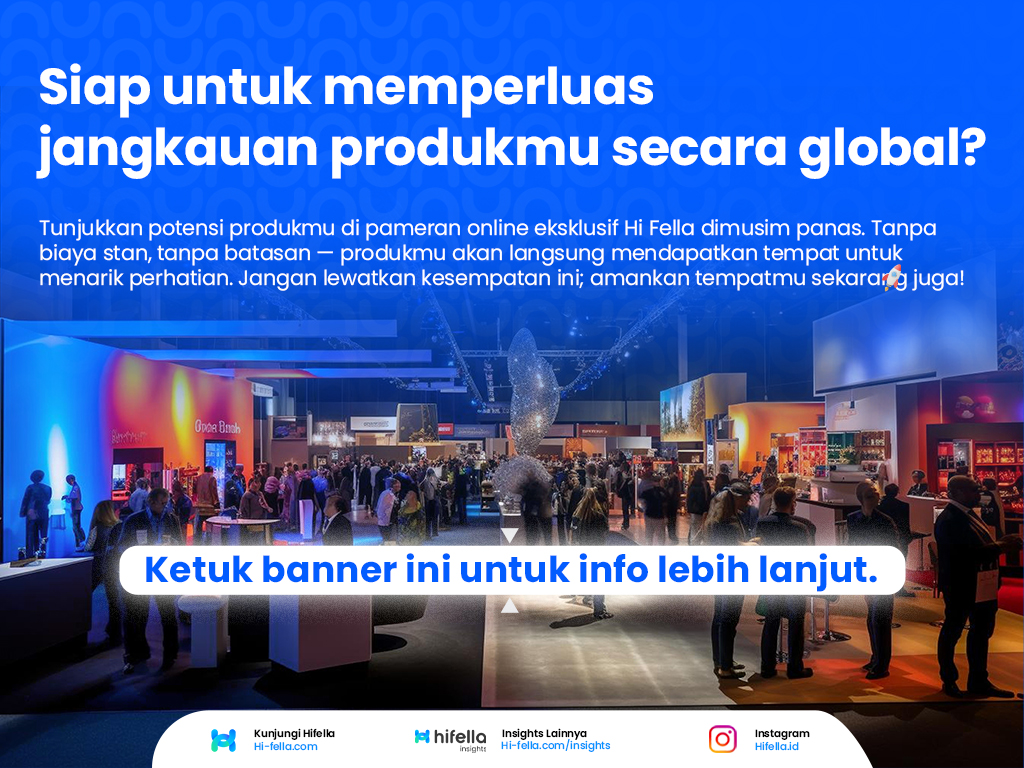
Setelah mengetahui apa saja produk ternama lokal yang dikira import oleh masyarakat, ini menunjukkan bahwa Indonesia kaya akan inovasi dan kreativitas.
Dari kuliner hingga fashion dan olahraga, merek-merek ini telah membuktikan bahwa produk lokal dapat bersaing di pasar global.
Kesalahpahaman ini sebenarnya merupakan bukti keberhasilan mereka dalam memenuhi standar kualitas internasional, namun juga menegaskan pentingnya kesadaran merek di kalangan konsumen lokal.
Penting bagi kita sebagai konsumen untuk lebih mengenal dan mengapresiasi merek-merek lokal, tidak hanya untuk mendukung pertumbuhan ekonomi nasional tetapi juga untuk mengakui dan merayakan keberhasilan anak bangsa.
Jika kamu merupakan seorang pembisnis, kamu juga dapat bergabung dengan Hi-Fella yaitu sebuah platform yang bisa membantu bisnis kamu memiliki kesempatan seperti produk ternama lokal yang dikira impor seperti yang sudah dijabarkan di atas, dan miliki kesempatan untuk memperluas bisnis mu sampai di kancah internasional!


